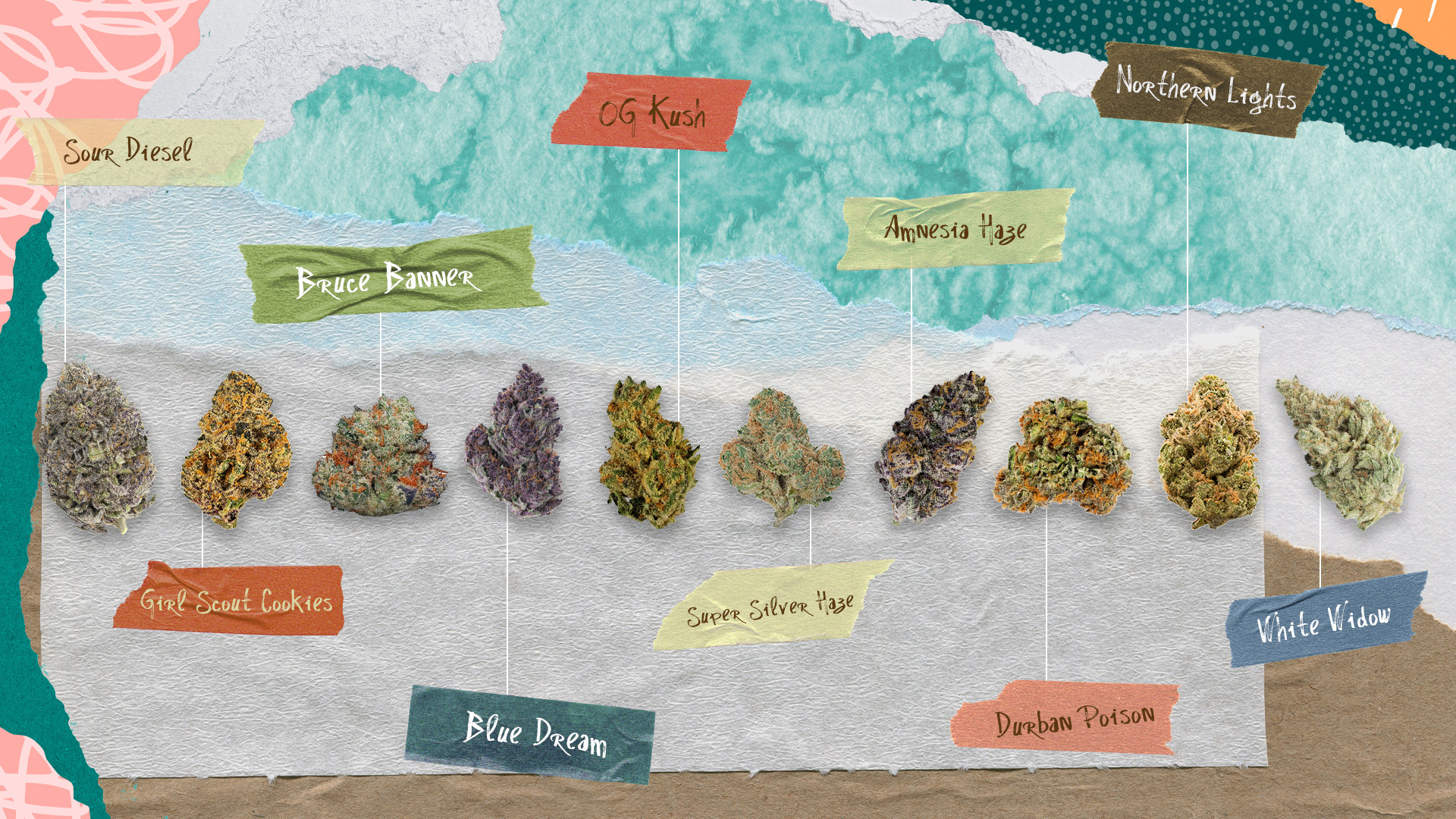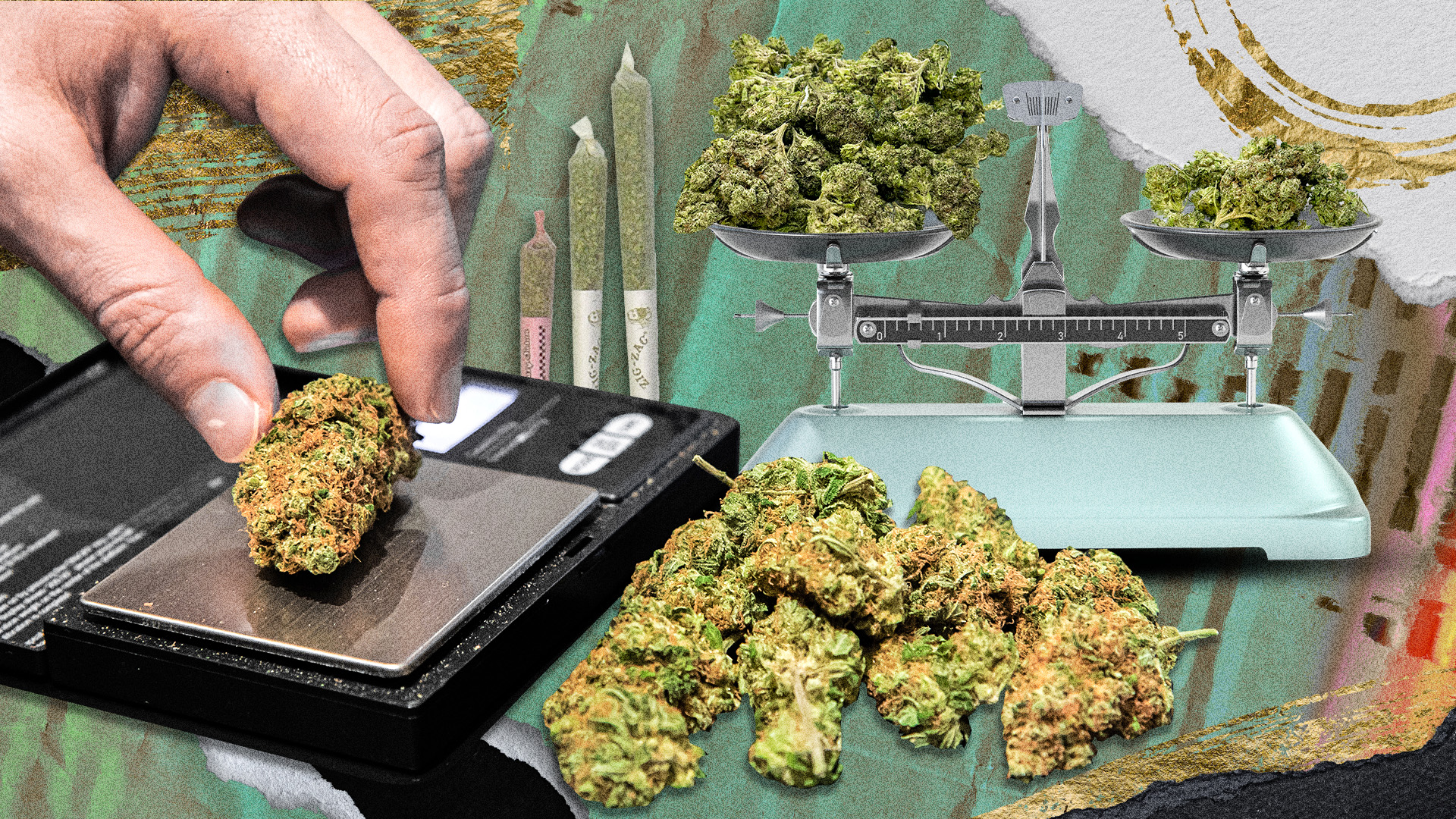In a bold and unprecedented move, U.S. lawmakers from across the political spectrum have united behind an initiative that could transform mental health care for military personnel. The recently proposed bipartisan bill pledges $75 million towards research into the therapeutic potential of psychedelic substances in treating post-traumatic stress disorder (PTSD).
With this step, the U.S. stands on the cusp of a paradigm shift, challenging existing mental health approaches and potentially ushering in a new era of comprehensive care for our veterans. This article will delve into this historic legislation’s potential benefits and implications.
The Grant Program Details
The heart of this landmark legislation lies in the development of a robust grant program. This initiative aims to promote vital research into the therapeutic potential of four key psychedelic substances—psilocybin, ibogaine, MDMA, and 5-MeO-DMT. These compounds, which have been gaining significant attention in scientific circles for their potential mental health applications, will be the focal point of the funded research.
Notably, the grant program will target three prevalent and often debilitating conditions in military personnel: PTSD, traumatic brain injury (TBI), and chronic traumatic encephalopathy (CTE).
In addition to funding research, the legislation also earmarks grants for a critical aspect of mental health care delivery—the training of practitioners. Recognizing that the efficacy of treatment relies not only on the therapeutic substances themselves but also on the skill and knowledge of the individuals administering them, this bill explicitly supports the training of practitioners.
This could foster a pool of experts well-versed in applying psychedelic-assisted therapy. This resource could prove invaluable in extending this potentially revolutionary treatment approach to members of the armed forces battling these challenging conditions.
Funding and Eligibility
The program’s funding structure ensures a sustained commitment to the cause, with the Defense Department set to be appropriated $15 million each year from fiscal years 2024 to 2028. This guarantees a total of $75 million for the program’s lifetime, ensuring the continuity and stability needed for the extensive research and training activities underway. In terms of eligibility, the bill extends its reach beyond government institutions, including federal and state agencies.
It also incorporates academic institutions and non-profit organizations, acknowledging the diverse range of entities capable of contributing to this cutting-edge research and training. This inclusive approach fosters a broad-based cooperative effort to achieve the best possible outcomes for active-duty military service members.
Why You Should Get Your Medical Marijuana Card
Veriheal has satisfied millions of patients nationwide by giving them access to these benefits
- Larger purchase limits
- Peace of mind
- Enhanced legal protection
- Access to higher potency strains
- Save up to 25% on cannabis purchases
- Skip the line at the dispensary
Clinical Trials and Reporting
The bill breaks new ground by allowing clinical trials to take place regardless of whether the tested substances fall under federal or military statutes. This opens up unprecedented possibilities for conducting research without the typical constraints imposed by substance classifications. In terms of oversight, the bill institutes a comprehensive reporting system to maintain transparency and track progress.
The Defense Secretary is required to submit a report to Congress every 180 days following the enactment of the legislation. These reports will detail the clinics selected for the grants, the number of service members participating in the clinical trials, and most importantly, any findings or breakthroughs from the trials. This will ensure that lawmakers stay informed about the program’s developments and can respond accordingly as new data emerges.
Support for and Opposition to the Bill
The bill has attracted diverse cosponsors, a testament to its bipartisan appeal. Supporters range from Rep. Lou Correa (D-CA), Alexandria Ocasio-Cortez (D-NY), and Ro Khanna (D-CA) on the Democratic side to Reps. Nancy Mace (R-SC), Matt Gaetz (R-FL), and Jack Bergman (R-MI) representing the Republican party.
Outside of Congress, the bill is being championed by organizations such as Veterans Exploring Treatment Solutions (VETS), with CFO Henry Berkowitz underscoring the urgent need for more research into psychedelic-assisted therapy for active duty service personnel and veterans.
As Berkowitz pointed out, “We have seen real-world evidence which supports the promise of these therapies for hundreds of veterans in our program, but more science is desperately needed,” he said. “We race against a cruel and unrelenting clock as approximately 20 veterans per day —with evidence suggesting it could be twice as many—are lost to suicide on U.S. soil.”
The path to passing this legislation hasn’t been smooth despite the backing. Previous attempts, including an amendment to the National Defense Authorization Act (NDAA), have been blocked or excluded, highlighting the potential challenges that lie ahead for this pioneering bill.
Federal Prohibition and Psychedelics Research
The relationship between federal prohibition and the study of psychedelic substances has been a point of ongoing debate. Senators Brian Schatz (D-HI) and Cory Booker (D-NJ) have been vocal in their stance that the federal prohibition of these substances has hindered necessary research.
They argue that outdated legal restrictions are blocking the exploration of the potential mental health benefits of these substances. The intersection of law and science in this space highlights the importance of legislative reform to unlock the potential of psychedelics as therapeutic agents.
Future Directions and Legislative Actions
Looking forward, several legislative actions promise to further enhance the scope of psychedelic research. These bills, if passed, could expedite the path of psychedelics from research labs to clinical settings. Furthermore, the re-launch of a congressional caucus focused on promoting research into the therapeutic potential of psychoactive substances signals a growing recognition within the legislative body for the importance of this type of study. Together, these efforts mark a promising shift towards a more science-driven approach to policy-making in mental health treatment.
Author, Share & Comments
















